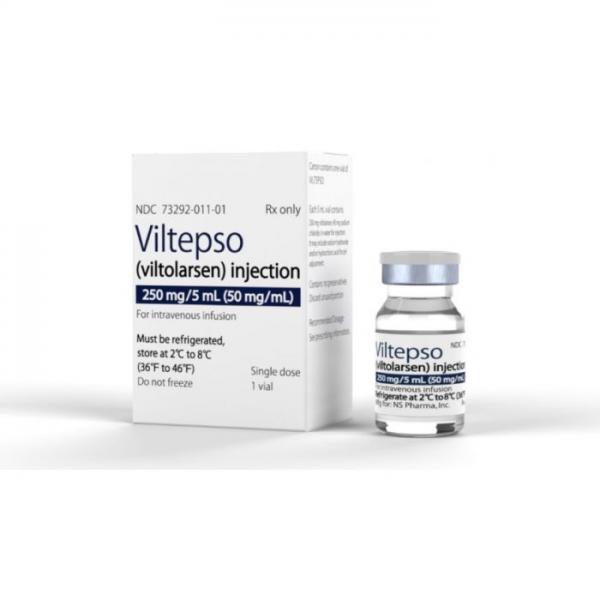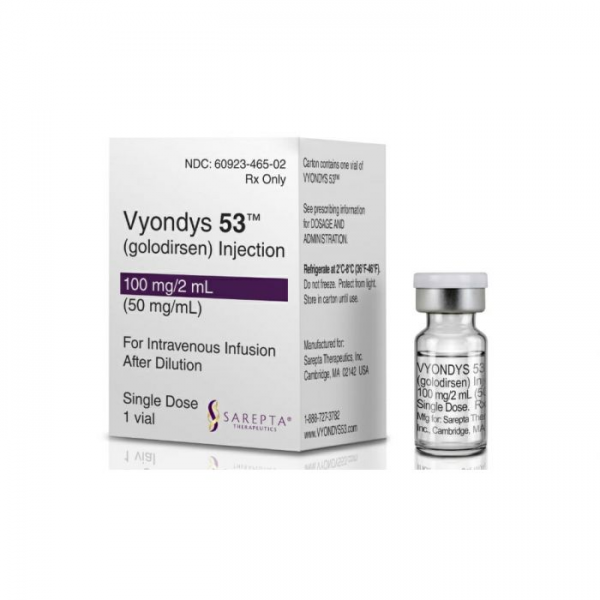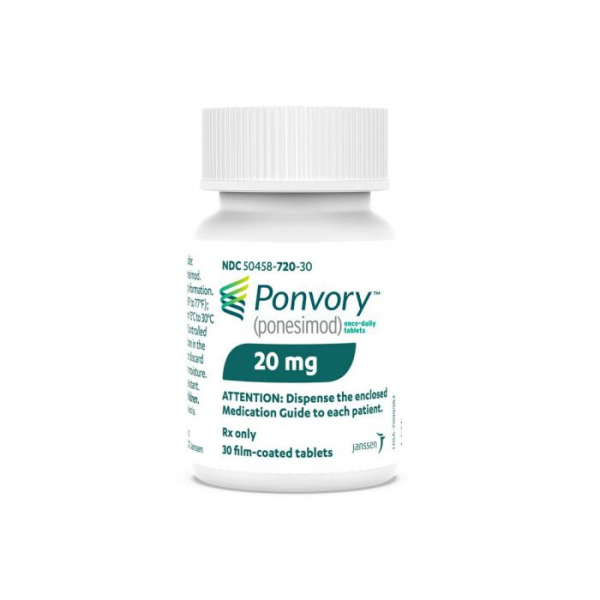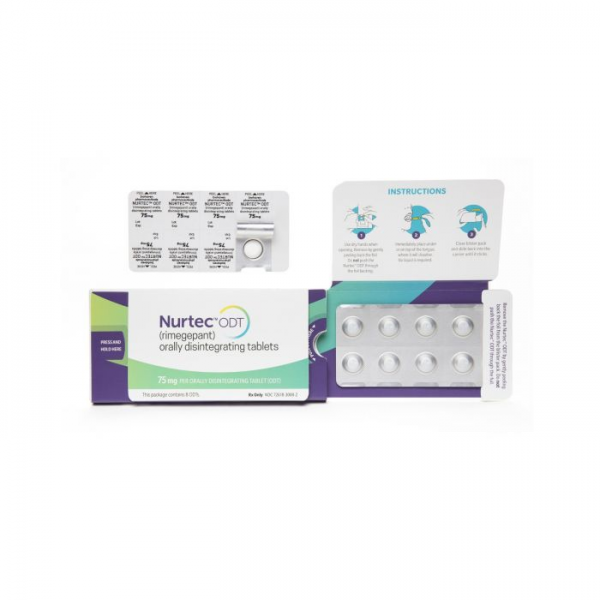What is Clenbuterol for?
Clenbuterol is a sympathomimetic amine indicated for the treatment of patients with bronchial asthma, chronic bronchitis, emphysema, acute bronchitis, or stress urinary incontinence.[1]
Physicians sometimes prescribe Clenbuterol for off-label treatment of people suffering from ALS.
It is available in tablet form each containing 10 microgram (μg) clenbuterol.[1]
How does Clenbuterol work?
Clenbuterol is a sympathomimetic amine that can mimic the effects of compounds produced by the body’s nervous system. It binds to and activates the beta2 receptor, which in its turn gives the muscle cells of the airways or bladder the signal to relax. As a result, the airways widen (bronchodilation) and pressure and contraction of the bladder is relieved.[1]
The effects of clenbuterol treatment in amyotrophic lateral sclerosis (ALS) patients are being studied.[2] In ALS patients, the nerve cells that signal and control the muscles die, causing loss in motor function. Clenbuterol stimulates the production of NGF, a hormone involved in the growth and replication of nerves.[2,3]
Note: This medicine has not yet been approved for treatment of ALS. Neurologists sometimes prescribe Clenbuterol for off-label treatment of people suffering from ALS.
Where has Clenbuterol been approved?
Clenbuterol was approved to treat patients with bronchial asthma, chronic bronchitis, emphysema, acute bronchitis, or stress urinary incontinence by:
- The Pharmaceutical and Medical Devices Agency (PMDA), Japan.[1]
Please note that this medicine may have also been approved in other regions than the ones we’ve listed. If you have a question about its approval in a specific country feel free to contact our support team.
How is Clenbuterol taken?
Complete information about Clenbuterol dosage and administration can be found in the official prescribing information.
Please consult with your treating doctor for dosing.
Are there any known adverse reactions or side effects of Clenbuterol?
The following side effects have been reported:[1]
- Nervousness
- Too high production of thyroid hormone (thyrotoxicosis)
- Increased heart rate (tachycardia)
- Narrowing (stenosis) of blood vessels
- High blood pressure (hypertension)











Reviews
There are no reviews yet.